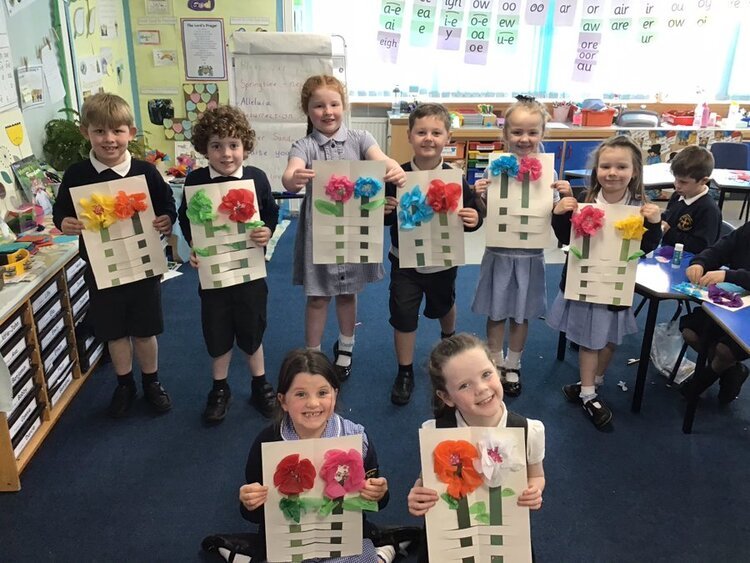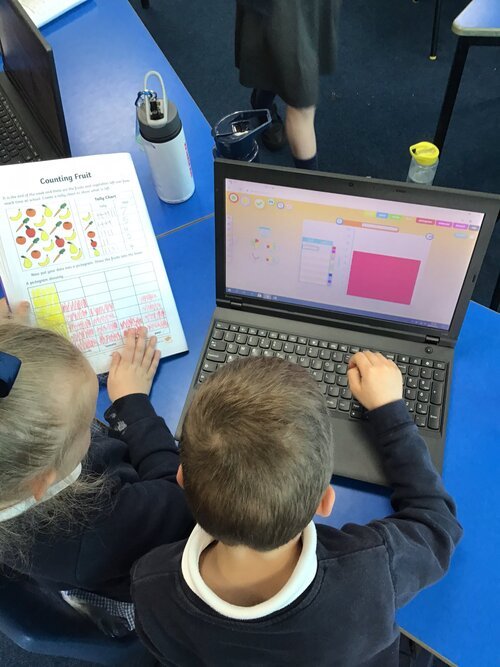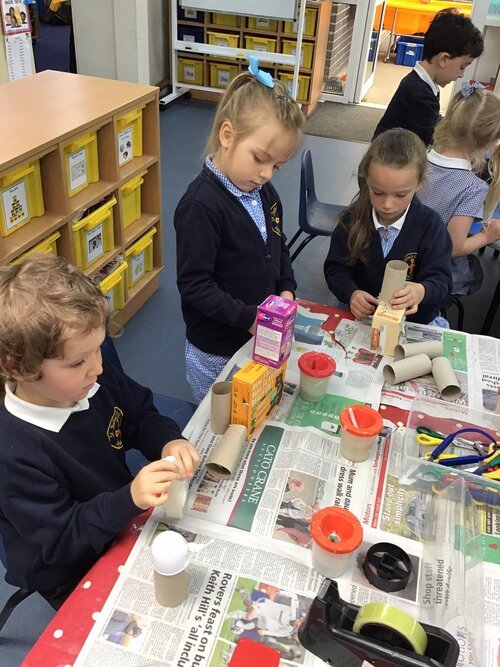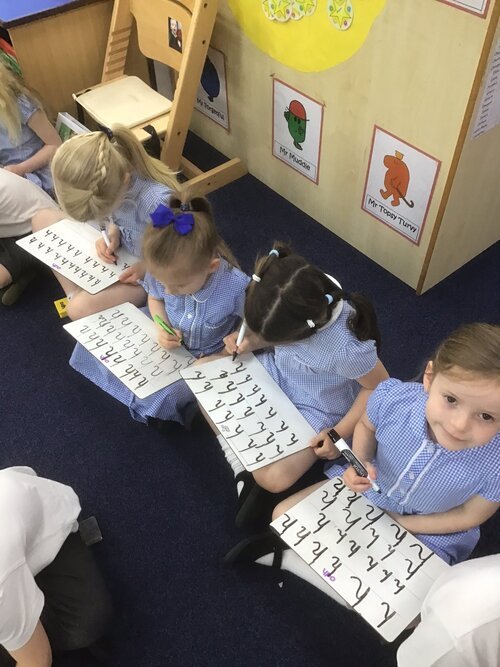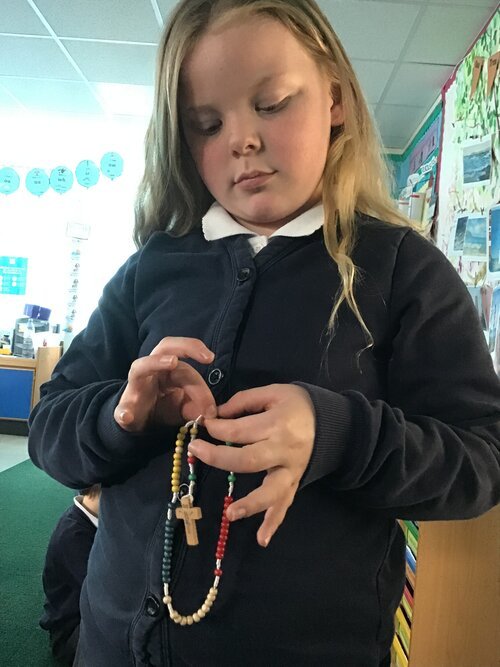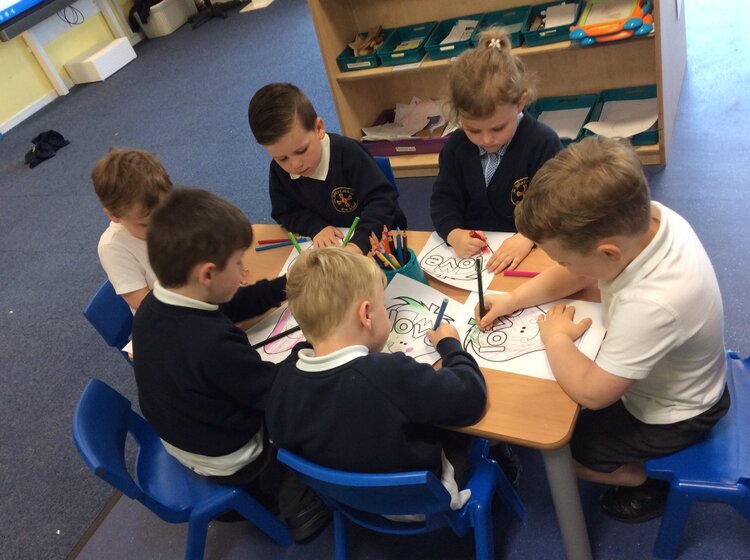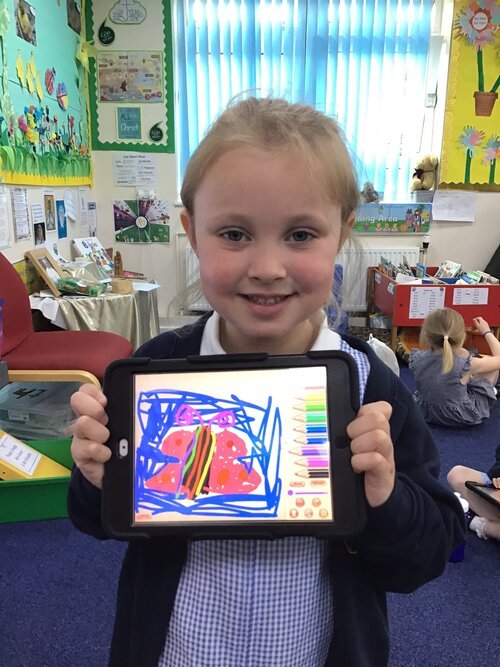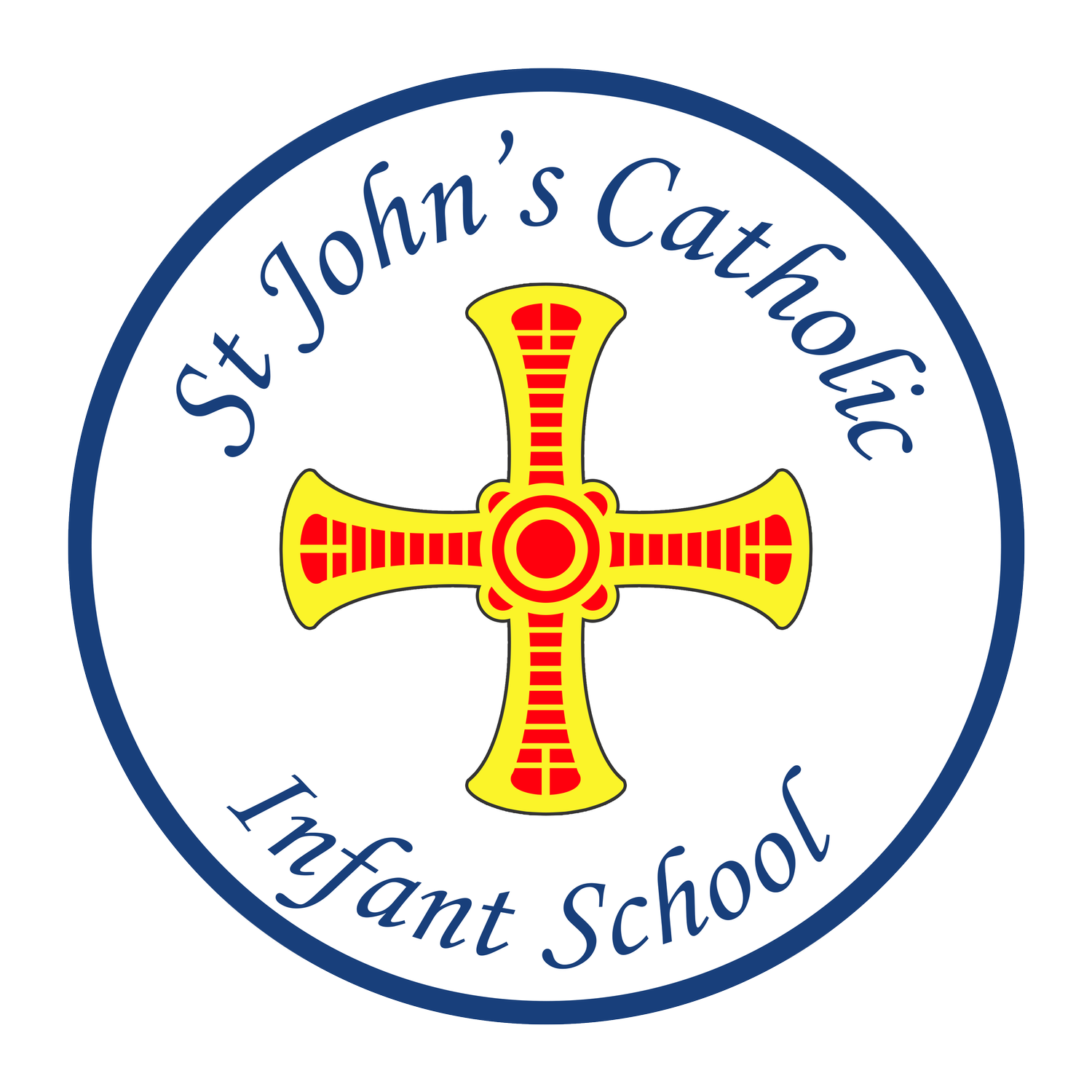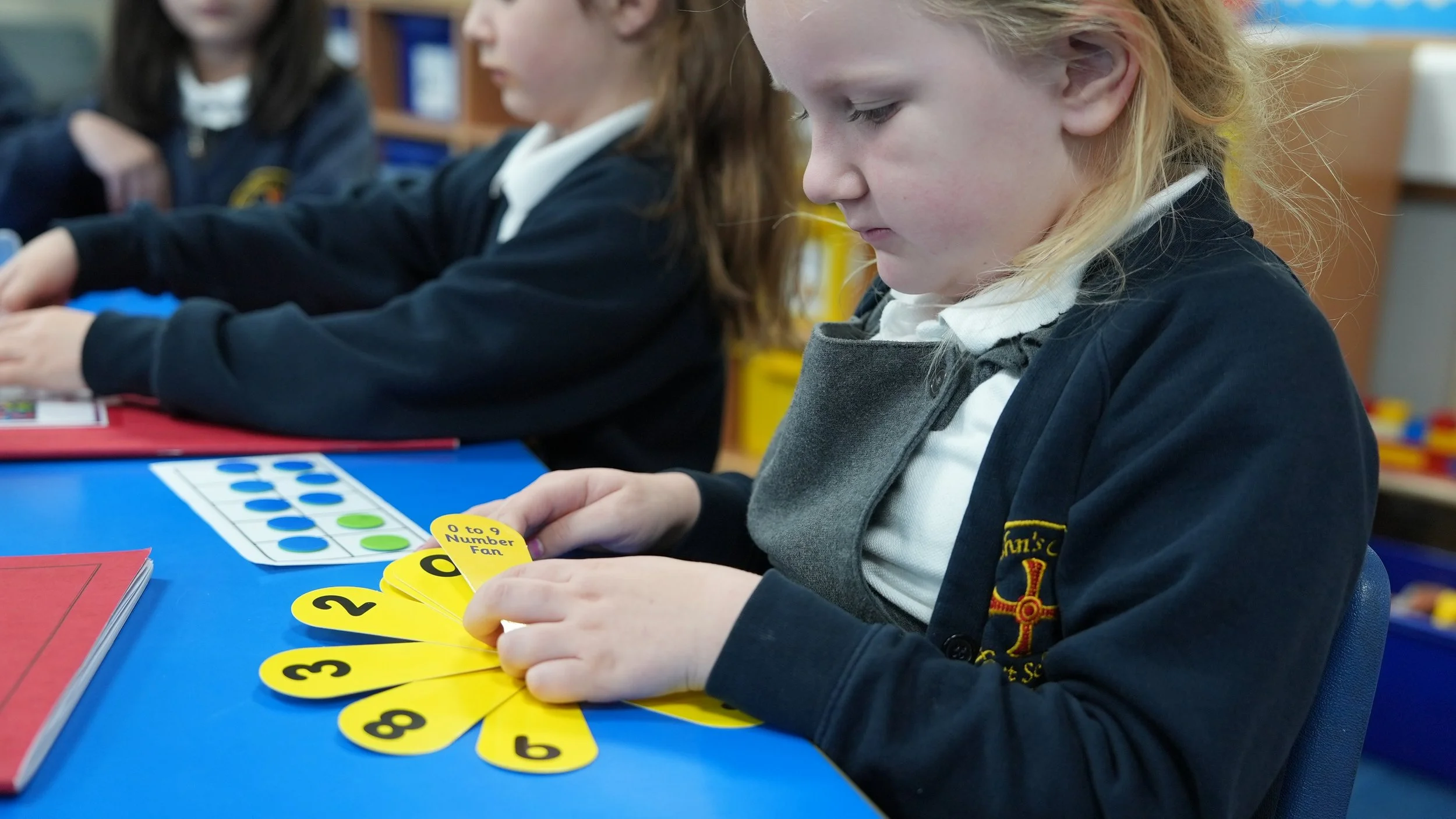
Our Curriculum
Our Curriculum at St John’s Catholic Infant School
Our Curriculum provision is inspired by the words of Pope Francis. They show us how we can guide our children as lifelong learners to success:
“You must not teach just content, but the values and customs of life. … you must transmit: how to love, how to understand which values and customs create harmony in society. … [Teachers] must aim to build an educational relationship with each student, who must feel welcomed and loved for what he or she is, with all of their limitations and potential.”
“Today we want to keep dreaming. We celebrate all the opportunities which enable us, not to lose the hope of a better world with greater possibilities. … I know that one of the dreams of your parents and teachers, and all those who help them ... is that you can grow up and be happy.”
“When we all come together to educate our children, we will be one step closer to creating a world of good.”
Curriculum Intent
At St John’s Catholic Infant School, we pride ourselves in offering children a creative and exciting curriculum, which is rich, broad and balanced, reflecting the distinctly Catholic nature of the school, and promoting our Mission Statement, School Values and Aims. During their time with us, we aim to foster a love of learning, a natural curiosity and a thirst for knowledge. The curriculum we provide meets fully the statutory requirements of the National Curriculum in England for KS1 and the EYFS curriculum in Foundation Stage and also the requirement to teach Religious Education as directed by Shrewsbury Diocese as a Voluntary Aided Catholic Infant School.
“Our children will know more, remember more and apply more ”
In the daily living out of our Catholic faith, we aim to ensure that religious education and spiritual development will permeate every aspect of the curriculum so that it is explicit and implicit within the taught curriculum. Rooted in prayer and lived out in the daily life of the school, the children are supported, through the curriculum, to grow in faith and deepen their relationships with God and each other.
Our curriculum will inspire, enthuse and educate our children so they learn knowledge and skills that will help them prepare for life in modern Britain. The curriculum aims to provide opportunities for all children to learn and to achieve, irrespective of social background, culture, race, gender, differences in ability and disabilities.
Our topic-based approach covers all of the elements of the National Curriculum, but in a meaningful and relevant way for our young children and each year in school builds on the previous year. The topics enable children to learn holistically and frequently follow their interests, inspiring them to have a passion for life-long learning. (see our Curriculum Policy and Core Principles of Our Curriculum below as well as our Teaching & Learning Policy and core Principles of Teaching & Larning).
We want all of our children to be confident, happy, inquisitive learners, who know more, remember more and apply more through a range of experiences and activities linked to Cultural Capital. At St John’s Catholic Infant School, every child will have an entitlement to benefit from teaching of the highest quality, and to that end, we have established an effective pedagogy criteria, which outlines how we bring our teaching and learning to life in all lessons across the school.
To ensure they also receive high-quality enrichment activities and cultural experiences throughout their four years at St John’s, we have written a unique school pledge. This gives our children access to an all-embracing range of learning experiences duirng their time at our school.

Curriculum Implementation
All children will have an education that enables them to develop the knowledge, understanding and skills identified in the National Curriculum for KS1 and the EYFS curriculum in Foundation Stage. We have a creative ‘cross-curricular’ approach to learning, planning topics or themes which will embrace a range of National Curriculum subjects including the application of english and maths skills. The curriculum is organised into year groups, with a long term plan indicating topics and National Curriculum Objectives that are taught each term. It is reviewed annually to ensure coverage across the Key Stages. Learning Pathways are produced for individual topics/themes showing the objectives to be taught, how the children will learn and the end points for their learning. Opportunities will be taken to enliven the curriculum through: educational visits out of school; involvement of parents, visitors, artists, crafts people, actors, and musicians; the use of the school grounds, the locality and the wider environment. (See our Curriculum Policy above for more detail)
The Early Years Foundation Stage Curriculum
We follow the Early Years Foundation Stage Curriculum. The learning and development requirements comprise of:
seven areas of learning and development and the educational programmes which set out what will be covered in each age group.
the early learning goals, which summarise the knowledge, skills and understanding that all young children should have gained by the end of the Reception year.
the assessment requirements (when and how practitioners must assess children’s achievements, and when and how they should discuss children’s progress with parents and/or carers).
The seven areas of learning include: communication and language; physical development; personal, social and emotional development; literacy; mathematics; understanding the world; expressive arts and design.
Four guiding principles shape our practice. These are:
every child is a unique child, who is constantly learning and can be resilient, capable, confident and self-assured;
children learn to be strong and independent through positive relationships;
children learn and develop well in enabling environments, in which their experiences respond to their individual needs and there is a strong partnership between practitioners and parents and/or carers;
children develop and learn in different ways and at different rates. The framework covers the education and care of all children in early years provision, including children with special educational needs and disabilities.
If parents would like to see the curriculum, programmes of study for each year group or our strategy for assessment they should contact school where the documents will be made available to them.
We use Tapestry as our online learning platform for Parents/Carers so that you can keep up to date with your child’s learning and development during their time in EYFS at our school.
Click on the links below to see the vision statement for F2, long-term plan and curriculum area overviews:

Key Stage One Curriculum
Click on the links below to see the vision statements and the curriculum plans for Year One and Year Two:

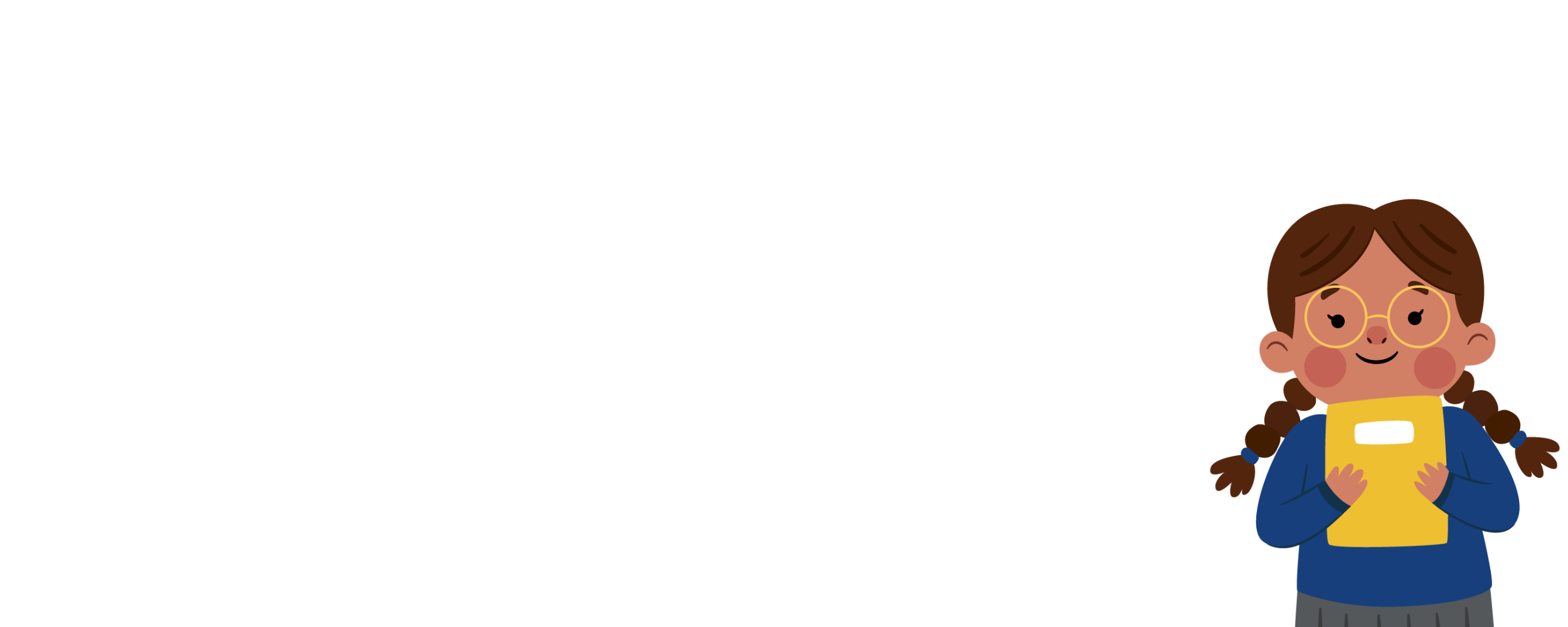
Through our curriculum children learn the basic skills necessary to succeed in each subject and we use the curriculum to help them develop their personal and social skills. Where children have special needs or disability we make provision for them so that they too can flourish. We encourage children to be keen, enthusiastic, independent learners and we give them lots of opportunities to develop their inter-personal skills by working and co- operating with others. Throughout our curriculum we build their self-esteem and self- confidence and we work hard to promote good relationships, social, emotional, spiritual and mental health
Curriculum Impact
When trying to measure the impact of our school curriculum , we review coverage with the staff and ask the children about their learning and we regularly report to parents about how well their children are doing. We also compare our school against national and local benchmarks as well as with similar schools. Our strengths and areas for development are identified in order to strive for improvement in all we do. We believe that our children possess unique skills, talents and qualities and as such have the right to succeed, recognising their potential and understanding how they can make a difference in our community and the wider world.
If parents or others would like more details about our curriculum in each academic year group we will be pleased to show them the National Curriculum Subject Guidelines and our school curriculum schemes of work.
Click on the links below to for more information about some of our curriculum schemes:


